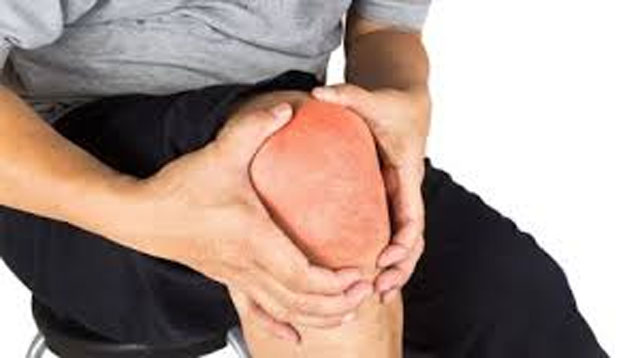Daijiworld Media Network - New Delhi
New Delhi, Oct 16: The chronic menace of air pollution in Delhi and the National Capital Region (NCR) may be affecting more than lungs and hearts, with experts at the 40th Indian Rheumatology Association Conference (IRACON 2025) warning that toxic air could be contributing to a rise in rheumatoid arthritis (RA) among residents.
Rheumatoid arthritis is a lifelong autoimmune disease where the body’s immune system attacks the joints, causing pain, swelling, stiffness, and eventual joint damage. While genetics and ageing have traditionally been seen as primary risk factors, growing evidence points to environmental triggers, including air pollution, as potential contributors.

Delhi-NCR, with annual average PM2.5 levels frequently exceeding 100-150 µg/m³, exposes residents to prolonged systemic inflammation. Observational studies presented at IRACON suggest that patients from heavily polluted localities are showing earlier onset and more aggressive RA, even in the absence of family history.
Studies cited include a cross-sectional AIIMS survey showing that 18% of long-term Delhi residents exhibited autoantibody positivity and 68% had elevated inflammatory markers, particularly among those living near major roads. Other research links gaseous pollutants such as SO2 and NO2 with heightened RA activity, supporting the hypothesis that air pollution may exacerbate autoimmune inflammation.
Experts explained possible mechanisms: oxidative stress and inflammation induced by particulate matter, immune modulation leading to autoantibody generation, epigenetic interactions with susceptible genes, and direct effects of pollutants on joint tissues. Together, these factors may trigger or worsen RA in individuals chronically exposed to toxic air.
While the evidence remains preliminary, rheumatologists urge prevention and early intervention: minimizing pollution exposure with masks and air purifiers, adopting anti-inflammatory diets, maintaining physical activity, and seeking early medical evaluation for persistent joint symptoms.
Experts also highlighted the urgent need for policy interventions to reduce emissions and strengthen urban health infrastructure, noting that clean air is essential not just for lungs and hearts, but for overall immune and joint health.